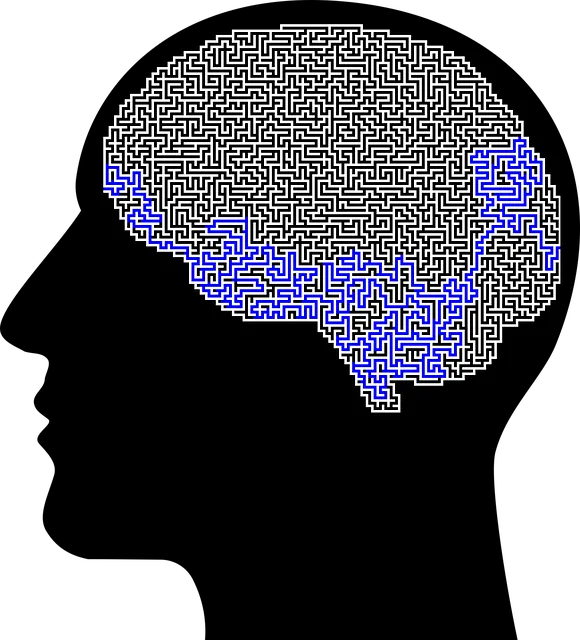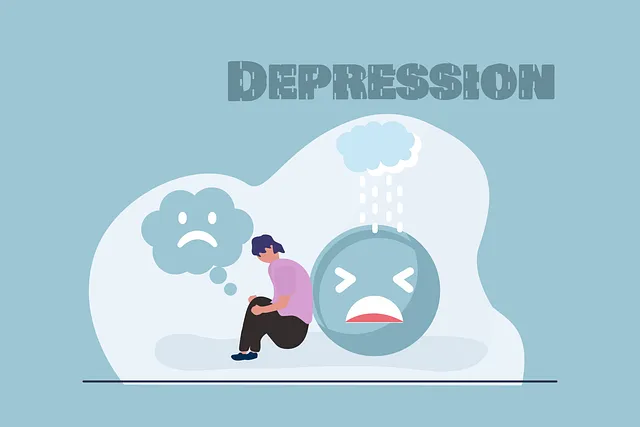In today's fast-paced world, the growing demand for accessible mental health resources is highlighted by Broomfield Kaiser Permanente behavioral health services reviews. Effective programs must go beyond basic awareness, incorporating evidence-based stress management and resilience building strategies. Cultural sensitivity ensures inclusivity, encouraging diverse communities to seek help early. A robust curriculum covering various mental health topics, interactive workshops, and supportive environments foster open dialogue and well-being. Broomfield Kaiser Permanente's holistic program blends educational content with practical tools, empowering individuals to manage stress, anxiety, and emotions effectively, as evidenced by positive Broomfield Kaiser Permanente behavioral health services reviews.
Mental health is a cornerstone of overall well-being, yet it often receives inadequate attention in educational settings. This article explores the crucial topic of program design for mental health education, highlighting the growing demand for comprehensive initiatives. We delve into essential components that contribute to effective programs, using Broomfield Kaiser Permanente Behavioral Health Services as a case study. By examining real-world examples, we aim to provide valuable insights and inspire the creation of impactful mental health education programs. Discover how these strategies can positively impact students’ lives through online and on-site reviews of successful initiatives like Broomfield Kaiser’s approach.
- Understanding the Need for Comprehensive Mental Health Education
- Key Components of an Effective Program Design
- Broomfield Kaiser Permanente Behavioral Health Services: A Case Study Review
Understanding the Need for Comprehensive Mental Health Education

In today’s fast-paced and often stressful world, the need for comprehensive mental health education has become increasingly paramount. Organizations like Broomfield Kaiser Permanente behavioral health services reviews highlight the growing demand for accessible and effective mental wellness resources. These reviews consistently underscore the importance of integrating behavioral health services into primary care settings to address a wide range of mental health concerns early on.
Mental Health Education Programs Design should go beyond basic awareness campaigns, focusing on evidence-based strategies that empower individuals to manage stress, build resilience, and seek help when needed. By incorporating topics such as Stress Management Workshops Organization and Cultural Sensitivity in Mental Healthcare Practice, we can create inclusive environments where diverse communities feel comfortable accessing care. This holistic approach ensures that mental health education is not just informative but transformative, fostering a culture of open dialogue and well-being.
Key Components of an Effective Program Design

An effective mental health education program design should incorporate several key components to ensure its success and positive impact on participants’ well-being. Firstly, a comprehensive curriculum that covers various aspects of mental health is essential. This includes educating individuals about different mental health conditions, their causes, symptoms, and available treatment options. Incorporating interactive sessions, workshops, and real-life case studies from Broomfield Kaiser Permanente behavioral health services reviews can make the learning experience engaging and relatable.
Additionally, fostering a safe and supportive environment is crucial for encouraging open discussions and emotional healing processes. Program facilitators should promote active listening, empathy, and confidentiality to build trust among participants. Activities aimed at boosting confidence and self-esteem, as well as strategies for stress management and depression prevention, can empower individuals to take charge of their mental health. By combining educational content with practical tools and a supportive atmosphere, program designers can create an effective framework that supports emotional healing and enhances overall well-being.
Broomfield Kaiser Permanente Behavioral Health Services: A Case Study Review

Broomfield Kaiser Permanente Behavioral Health Services stands as a shining example of a comprehensive mental health education program. This initiative focuses on empowering individuals to understand and manage their emotional well-being, offering techniques for stress reduction and anxiety relief. Through a multi-faceted approach, the program targets various aspects of emotional regulation, ensuring participants gain practical skills for enhancing their overall mental health.
The case study highlights successful strategies employed by Kaiser Permanente, such as interactive workshops, individual counseling sessions, and community support groups. By combining evidence-based practices with a patient-centric focus, they’ve created an engaging environment that fosters open discussions about mental health. This holistic program design not only equips individuals with coping mechanisms for immediate relief but also encourages long-term emotional well-being promotion techniques.
Mental health education programs, as exemplified by Broomfield Kaiser Permanente Behavioral Health Services reviews, are vital tools in fostering a healthier society. By incorporating comprehensive components such as awareness campaigns, skill-building workshops, and access to professional support, these initiatives can significantly improve mental well-being. Investing in such programs is not just beneficial for individuals; it’s an essential step towards creating a more resilient and supportive community. Incorporating best practices from case studies ensures that educational efforts are effective and tailored to meet diverse needs, ultimately enhancing the overall quality of life.






